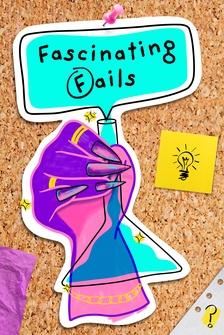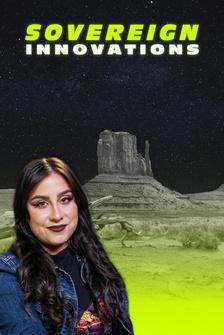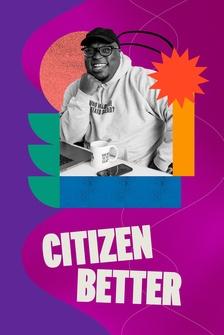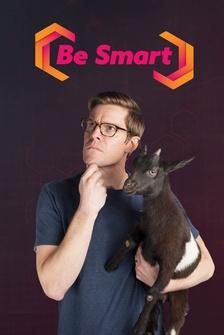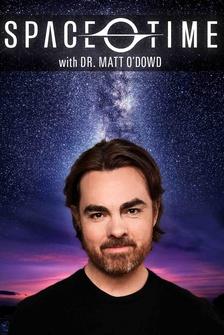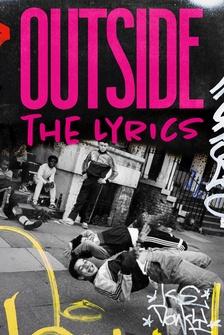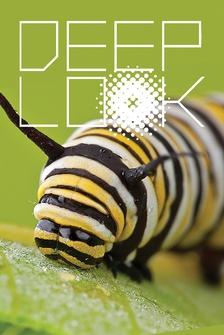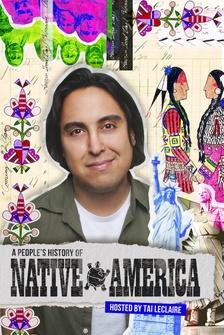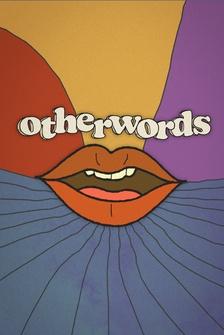Right now, it's time for the adults to do their new year or end of year.
And you know what that means.
It means dance, dance, dance, and dance.
All right?
So Mr. DJ, Wanna- just give us something that will make us dance.
All right?
When I think of my childhood, I picture a Lithuanian church hall.
It's Saturday night and the parking lot is packed.
As I walk towards the door, my ears are filled with the sounds of my cousins running around, my aunties greeting each other, and my uncles arguing over bottles of Guinness.
Up front, the emcee weaves together English, Igbo and Pidgin in order to calm a very impatient crowd.
To the uninitiated, this is an extremely chaotic scene, but for me, this is what it means to be Nigerian in Detroit.
Of all the places my parents, aunties, and uncles could have immigrated to, they chose Detroit.
My people grew up on the equator and never saw snow until they were about 20, 30 years old.
They came to a place that was the complete opposite of where they grew up.
As African Americans, most of us know far too little about the countries that comprise the African continent.
But today's global economy demands that we learn more about each other.
I came to Detroit in like '79.
So when I was coming, of course, there was fear.
We don't know anybody here.
We don't have family here.
I've never been in a big city before, so it was scary, of course.
When I left Nigeria, the Nigerian currency's called Naira.
One Naira gave you $2 [USD].
But by the time I graduated, because of different military coups, it drove down the economy.
When my parents came to Detroit in the early eighties, Nigerians in the metro Detroit area started social organizations to uphold cultural traditions and establish mutual aid systems.
The Old Bende Cultural Association of Michigan became a pillar of support for new immigrants from the Bende area of Abia State in Nigeria.
For my dad, memories of lively gatherings are reminders that the isolation of immigration birthed a vibrant community of chosen family here in Detroit.
My husband was the founder of the Old Bende Association, and it was started in our house.
Every weekend they would come and they eat, and it was a lot of joy, a lot of fun.
We go there to socialize.
We go there to talk about our family issues.
If you have food, you bring, if you have anything you bring.
We don't have extended family here, so we are each other's keeper.
We are each other's family.
I remember when my kids were still young.
They were always looking forward to that because when they going there, when we go there, we meet other kids from Nigeria or from Old Bende, you know, whom they call their cousins, you know, "cousins."
We decided to initiate them into so many things.
We had a dancing group.
We used to go to downtown for any cultural activities.
I would take the kids, dress them in African attire, and they would dance.
We instilled a love of community in our children.
Growing up in Detroit meant that I got the best of both worlds.
My elders fostered pride in my heritage, while the rich history and culture of Detroit fostered pride in my Black identity.
As a majority Black city, it feels like home.
There's so much pride in being a Detroiter of the diaspora.
What was it like to be in Old Bende as a kid?
I wouldn't even say Old Bende, I would say, What was it like to be Igbo in Detroit in the nineties?
Okay.
There was something about that time that was formative.
And every weekend you go somewhere, you-- you might have two weddings at a time, three weddings at a time.
And if I saw the same auntie five times, guess what?
Now me and that auntie had a for real connection.
That was my auntie for real, you know.
For those of us who grew up in the nineties and 2000's, our identities as East Siders or West Siders, graduates of Cass Tech, Renaissance, or King, are just as important as being Yoruba, Igbo, Efik or Hausa.
You know, you're kind of like-- you try to navigate two worlds, right?
Because here in this household, you're Nigerian, like, you're not American, like, it's very clear that that's the statement that's said.
But when you go to school, right, you're just like a Black kid.
I can remember several times coming down the stairs and the class gets let out.
And I see my dad standing there and he is in full tribal attire, Right, he's in full African adornment.
And...
He didn't care what anyone thought about how he was presenting himself.
And then, I don't know, somewhere in high school, I was just so proud of it.
I think there was just something about it that made us stronger.
I would say that everything about my life pretty much felt Detroit centric.
I believe my first Nigerian event Was a wedding of one of our cousins, And I had never been To any other cultural wedding before in my life.
It's been a wonderful thing to be a part of.
If I connect the Detroit that I grew up in to the Igbo culture I come from, there's a certain level of awareness that you have a responsibility to uphold your traditions.
I don't think at the time we understood the value of that.
I think from a young person's perspective, a lot of us, our parents came here with nothing, were working three, four jobs to make it work, right.
And so coming to that party was just like a release for them, knowing what they probably went through in terms of like racism, classism, all of that stuff.
And then when they go to these events and then they wear their gele, they wear their wrap, and you see the beauty and the elegance of our clothes, it also amplifies the beauty and the elegance of our culture and where they come from and who they are.
Where else but Detroit will you find everything you need for your most successful convention yet?
To many Nigerians, these social clubs are a lifeline.
But as I grow older, I have anxiety about the survival of our community.
As our elders pass away, who's keeping our traditions?
How are we documenting our history and presence in Detroit?
COVID-19 only intensified that fear.
What happens to a community when the elders die and the youth aren't equipped to pick up the pieces?
A lot of our culture has died with people, and that is really heartbreaking to me because then you have a person like me or my kids who are probably not going to be full Nigerian, right?
Yeah, my mom and my dad are here and we can try to glean a lot from them, but there's a lot of things that have been lost.
We always have that concern that when our generation, the first generation, you know, we're no longer here, that they may lose it.
But I'm optimistic.
Those who really want to belong will always find a place to, you know, call home wherever they go.
I don't think it ever connected like, oh, one of us needs to lead this.
But now that I am older, I see and understand the value in that because somebody- somebody has to take the torch.
I don't want to lose that sense of personal relationship with everyone in Old Bende because I also have that to pass to my kids too.
Our people say that "Igwe Bu'ike", which means that the group Is the strength, is our strength.
So actually is group that is our strength.
I think it's important for us to continue to commune together, Even if everyone there isn't technically of direct Nigerian origin, but being able to maintain all of our culture is important.
Detroit's Nigerian community is built on survival and resilience.
Maybe things will look different in 20 years.
How we gather, how we dance, and how we live.
But that's okay.
There's a new generation of young Nigerians in the city using their talents to preserve the work, history and culture of our people.
Personally, I hope to continue to build on the legacies of our elders who immigrated here years ago.
Whatever the future holds for Old Bende and Detroit's broader Nigerian community, I know it will be brilliant.
Are we ready?
DJ, let's go.




